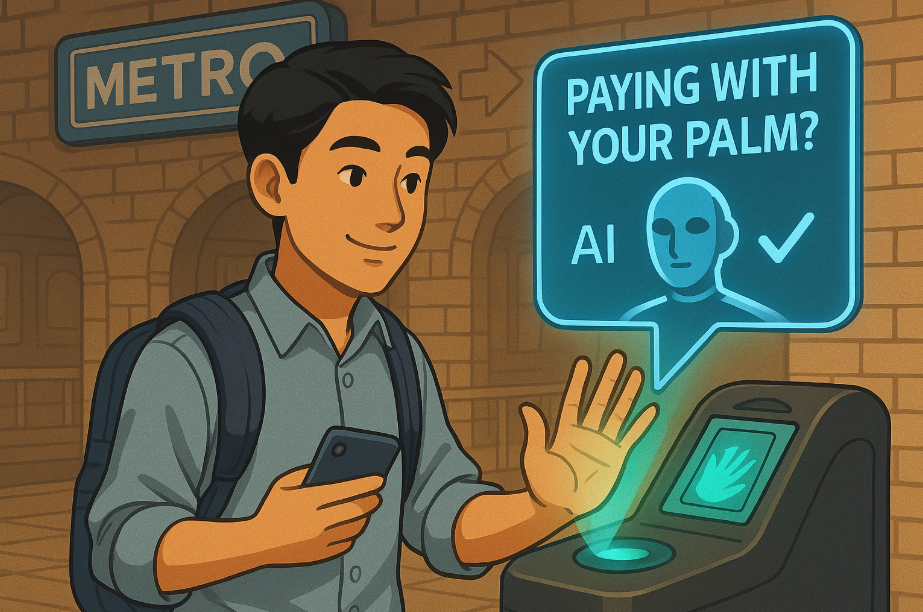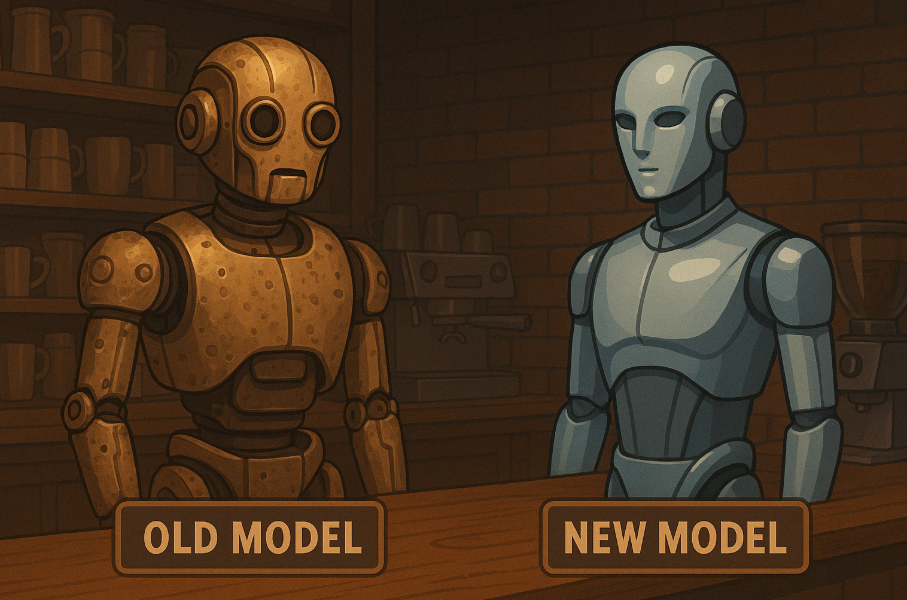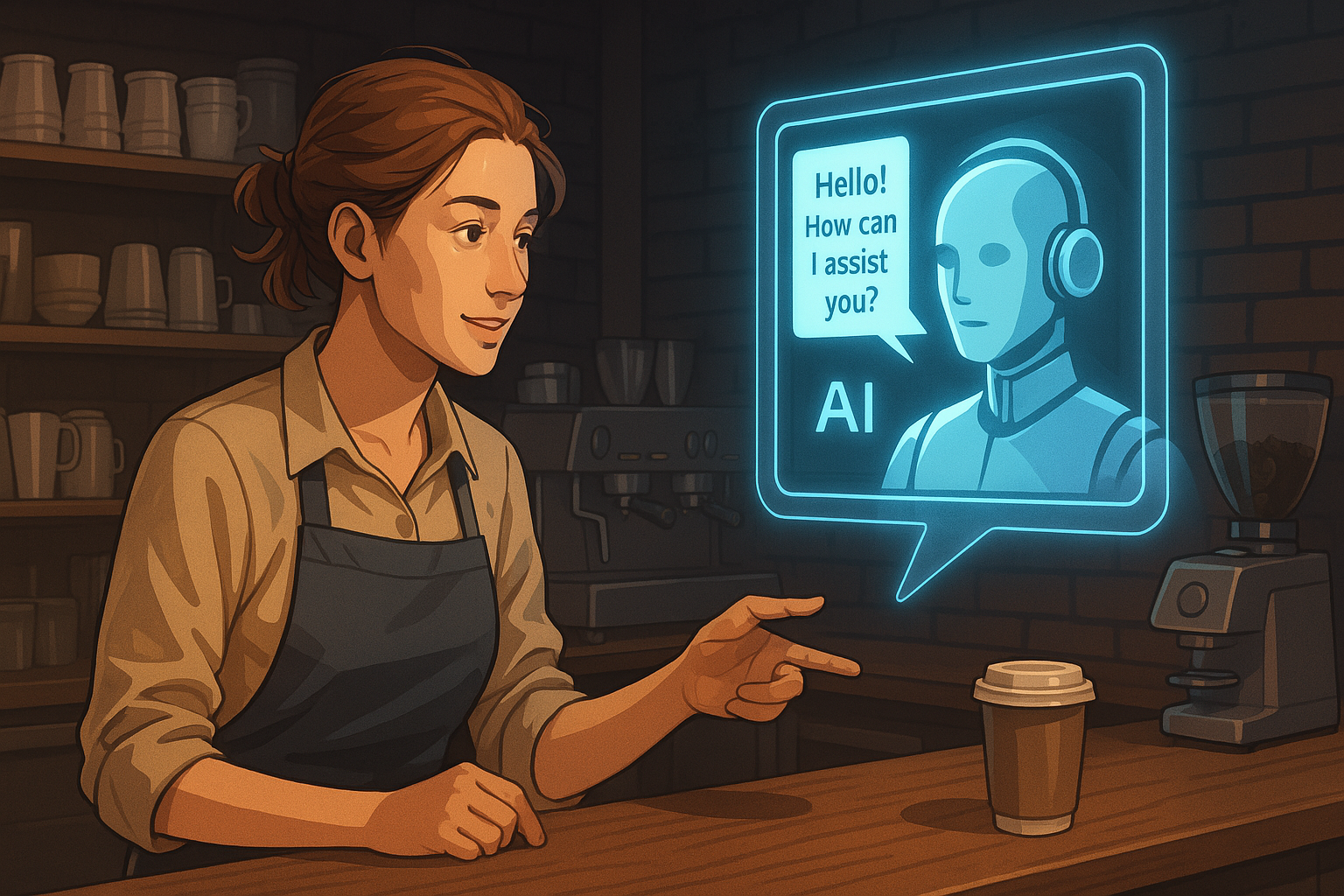There was a time—quaint, really—when AI was your helpful little sidekick. You’d ask it a question, it’d spit out a list. You’d type in “generate a report,” and it’d reply with a glorified spreadsheet.
But 2025 has officially left that version in the dust. Today’s AI agents aren’t just taking orders—they’re making decisions. They don’t just fetch data—they tell you what you should do with it.
Agent, Not Assistant
Let’s define terms. When we say AI agent, we don’t mean a glorified chatbot with a friendly tone. We’re talking autonomous (or semi-autonomous) digital entities that:
- Set goals
- Break those goals into tasks
- Choose which tools to use
- Execute—and adapt—in real time
They don’t just “help you with your calendar.” They see your pipeline, notice the drop-off at Stage 3, run A/B tests, deploy fixes, and write you a Slack summary before your second coffee.
In short: they act like junior strategists. Except they never sleep, forget birthdays, or complain about Monday.
From Reactive to Proactive
Old-school AI? Waits for commands.
New-school AI? Spots problems before you do.
Your CRM-integrated agent might notice customer churn is up 8%—before your BI dashboard catches on. Then it pings your sales lead with a recommended re-engagement campaign based on past behavior. Not because you told it to. But because it’s watching, learning, anticipating.
Welcome to the age of proactive intelligence.
Are We Replacing People?
This isn’t about replacing strategic thinkers. It’s about replacing human bottlenecks. Repetitive optimization loops. That never-ending feeling that you’re 15 tabs behind the solution.
With AI agents, your team can stop chasing fires and start setting direction.
And if someone’s role is 80% clicking the same buttons every day? Yeah. That job is evolving. (Let’s be honest—it should have been years ago.)
The Real Gold: Orchestration
The magic isn’t just in what AI agents do individually. It’s how they collaborate, like a pit crew in a Formula 1 race you didn’t know you were in.
One agent handles lead scoring. Another runs campaign experiments. A third monitors infrastructure load and spins up servers as needed. All communicating, sharing data, feeding insights.
It’s not one AI doing everything. It’s many specialized minds working in sync, with your business as the battleground.
This is multi-agent orchestration—and it’s the real game-changer.
So What Do You Actually Do Now?
You lead.
AI agents can think, act, and even recommend—but they don’t dream. They don’t rally a team behind a vision. They don’t get goosebumps over a brand story or decide that this quarter, you’re going to build something no one’s seen before.
That’s your role now: to become more human, more strategic, more intuitive.
Let your agents do the grunt work. You set the stakes.
Moving Forward
If you’re still using AI like a search engine with extra steps, you’re driving a spaceship like it’s a tricycle.
The future belongs to teams that treat AI agents not as tools, but as thinking collaborators.
And if you play it right?
They won’t just support your success.
They’ll scale it.
—
Need help building an AI-native stack where your agents aren’t just smart—they’re strategic? Let’s talk.








